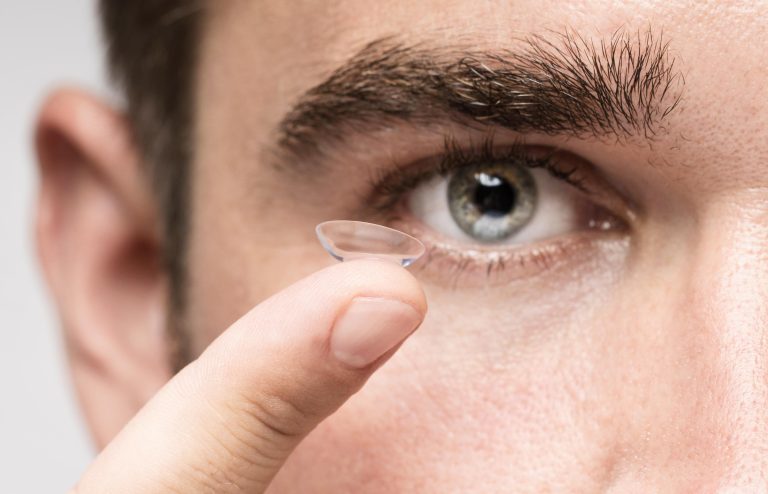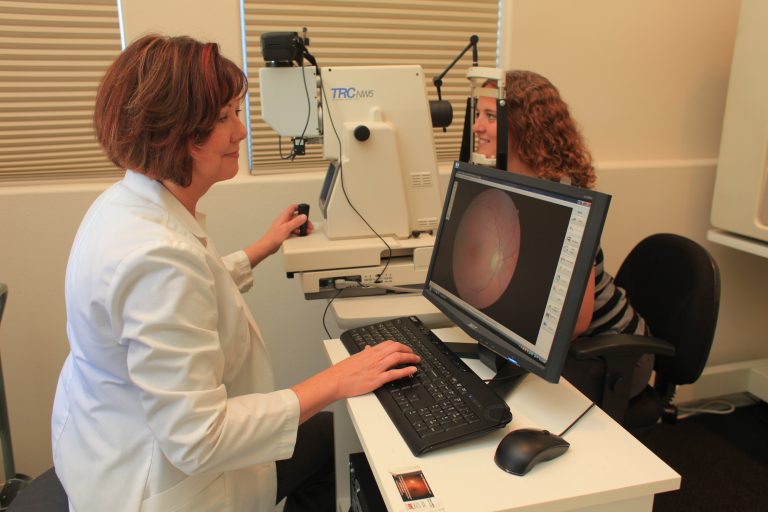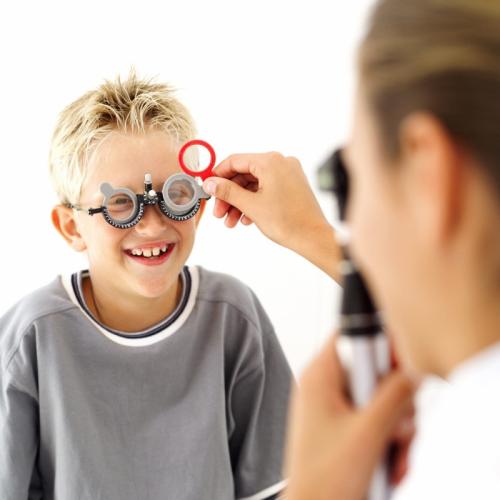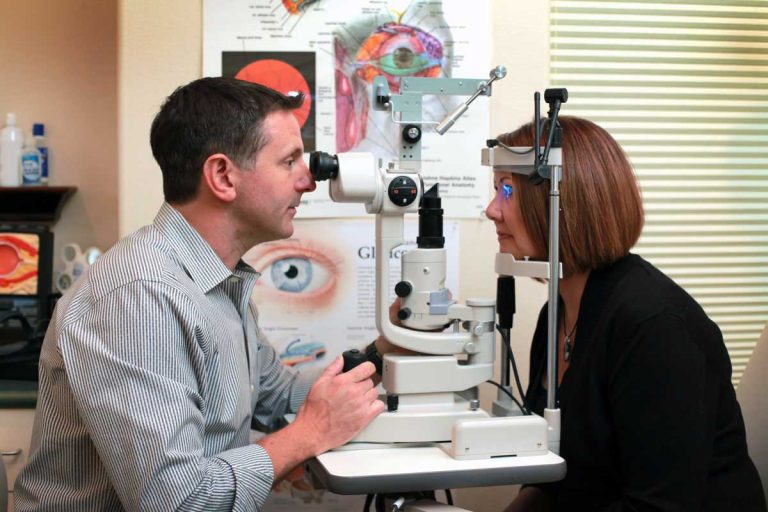Glaucoma is a serious eye condition that if left untreated can result in blindness. Its detection is often insidious and usually involves close observation over a period of months or years looking for changes in appearance and/or function to truly confirm the diagnosis. The eyeball is a fluid-filled organ; there is fluid flowing into the eye and out of the eye at an equilibrium…
Glaucoma is a serious eye condition that if left untreated can result in blindness
Q: I was recently told that my eyes are suspicious for glaucoma. Would you explain to me what glaucoma is?
A: Glaucoma is a serious eye condition that if left untreated can result in blindness. Its detection is often insidious and usually involves close observation over a period of months or years looking for changes in appearance and/or function to truly confirm the diagnosis. The eyeball is a fluid-filled organ; there is fluid flowing into the eye and out of the eye at an equilibrium. The fluid inside the eye creates what we call the intraocular pressure (IOP), much like the air inside a tire creates a tire pressure. We all have a certain threshold pressure that our eyes can tolerate safely, and if the pressure goes above that level some of the nervous tissue in the eye can become damaged – this is the glaucoma process. As the nervous tissue is damaged two things can happen: the peripheral vision can become less sensitive and the appearance of the optic nerve can change. We can track changes in these two categories by performing visual field tests and taking comparative photos of the optic nerves. There are new diagnostic tests that also allow us to track the loss of nervous tissue at a microscopic level, enhancing our ability to detect a disease process earlier.
If ever the testing is conclusive for a glaucoma diagnosis, the current treatment involves lowering the intraocular pressure. This is typically done using topical eye drops that either reduce the amount of fluid flowing into the eye or increase the fluid flow out of the eye.
Because we cannot feel the pressure in our eyes or detect early peripheral vision loss, it is very important to have the eyes examined on a regular basis. Furthermore, if your eye doctor ever detects any warning signs for glaucoma, it is crucial that you follow their recommendations for testing and monitoring to ensure that your eyes remain as healthy as possible. As always, if you have any questions feel free to contact my clinic, Riverbend Eyecare, at 317-9747.






